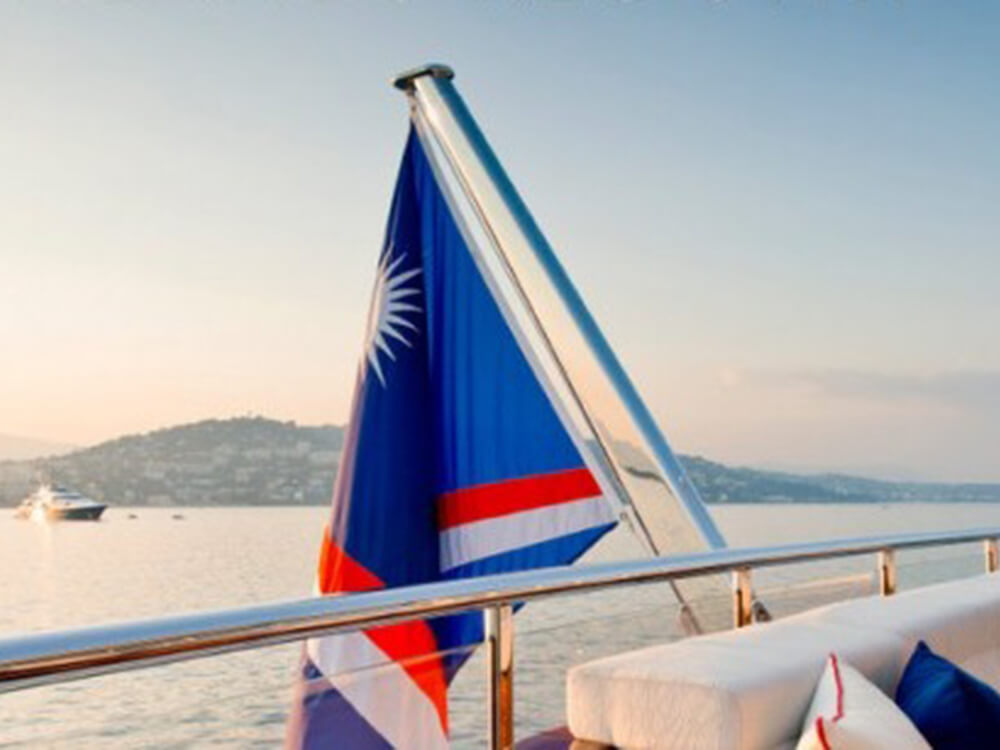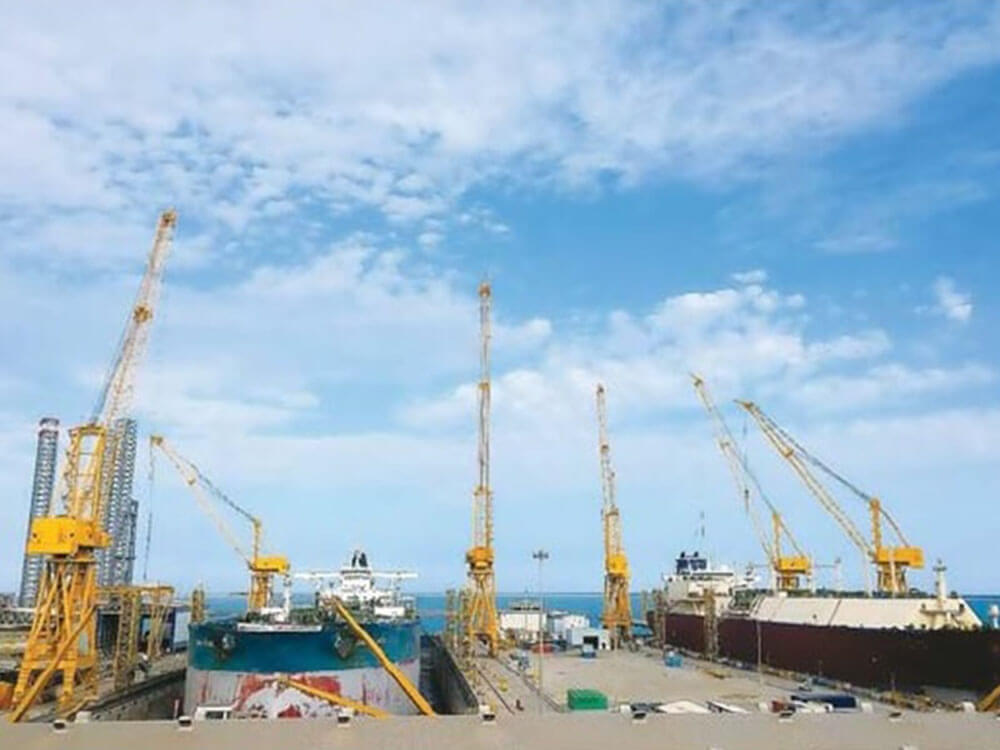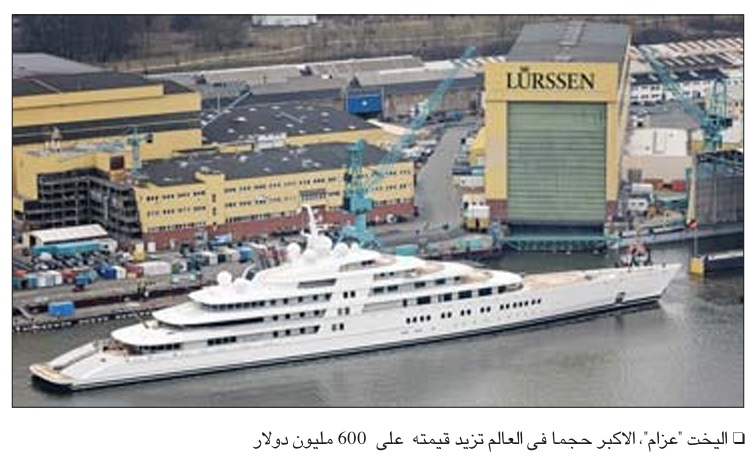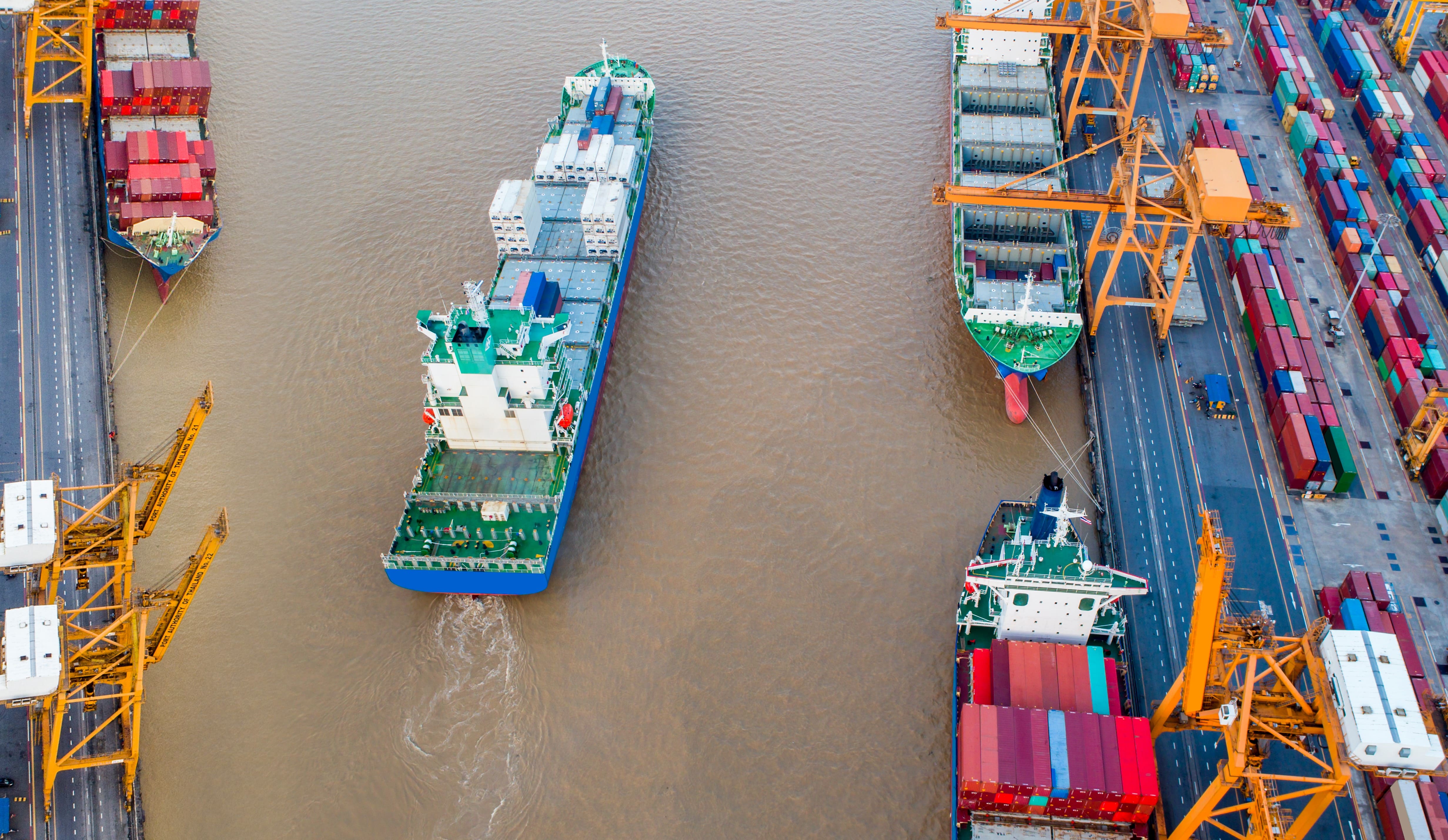National Vessels with a Foreign Citizenship

Many ships sailing various seas and oceans raise flags of countries other than those they belong to. Those are known as “Flags of Convenience.” Each ship has a home which is its’ port of registration. This is considered its’ legal home and nationality. This is decided by its’ owner based on the privileges granted by each nationality.
Having the nationality of certain countries, gives ships the flexibility with some statues and laws enforced for its’ activities, making it one of the owner’s favourite nationalities. Such as, flexibility with regards to employment, employment localization, rates of wages, and pensions. Which are considered the second largest expense for ship owners after fuel expenses. This translates into an increased ability to control operational expenses, tax savings, in addition to easier access in acquiring funding which is the backbone of maritime activities.
Many state and family owned companies resort to registering their ships under the flags of foreign countries to guarantee acquiring funds for their activities.
When discussing ship fleets, we have to mention the Greeks ship owners, who control 20% of the global fleet, having more than four thousand ships, exceeding hundred billion dollars in value, followed by Japan and remaining countries. When speaking of gas transportation ships, Qatar tops the list as the worlds’ largest owner of gas transportation ships; nevertheless, they prefer raising the flags of countries such as Panama, The Marshall Islands, and Liberia on its masts which top the list of the ten most country flags raised by ships. The first ten countries combined represent 74% of the global fleet with respect to the overall gross cargo.
Currently Panama, The Marshall Islands, and Liberia are amongst the favourites for ship owners. Their ships alone constitute approximately 40% of the overall cargo of the global commercial fleet. The overall cargo capacity in the last ten years has grown to double what it was in 2005, exceeding 1.2 billion tons. Currently, Panama tops the list with more than 4800 ships with a capacity of 330 million (dwt), followed by Liberia with a fleet of over 2,800 ships, and then The Marshall Islands.
Contrary to the fact that the activities of maritime shipping is the economic backbone of countries, controlling over 85% of global shipping needs, and the enormous revenues gained by “countries of the flag” from ships carrying their nationality, it also strengthens its role in international organizations, giving those countries international influence when discussing the implementation of changes in maritime laws and regulations. So, speaking of the role of “countries of the flag” in regards to those dealing with the maritime sector whether it’s the owners or the legislative authorities, is a sorrow subject that remains without conclusion.


